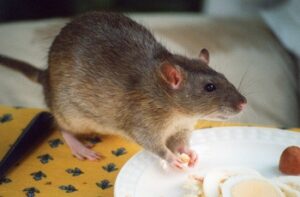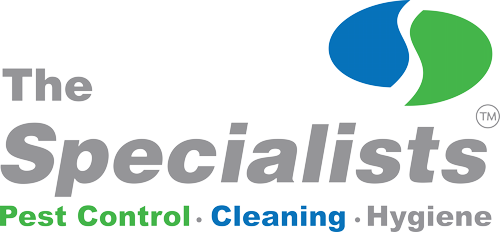 Pest control is an essential aspect of maintaining a clean and healthy environment. Pest control is used in both residential and commercial spaces. In Botswana, pest control is especially important due to the country’s tropical climate. This provides ideal conditions for pests to thrive. While traditional pest control methods have been effective, (IPM) is quickly becoming the preferred approach. This is because of its long-term sustainability and effectiveness. In this article, we will explore the differences between pest control and IPM.
Pest control is an essential aspect of maintaining a clean and healthy environment. Pest control is used in both residential and commercial spaces. In Botswana, pest control is especially important due to the country’s tropical climate. This provides ideal conditions for pests to thrive. While traditional pest control methods have been effective, (IPM) is quickly becoming the preferred approach. This is because of its long-term sustainability and effectiveness. In this article, we will explore the differences between pest control and IPM.
Pest Control
Pest control is a practice that involves the use of chemicals and other methods to eliminate pests from a specific area. The goal of traditional pest control methods is to quickly eliminate pests, such as rodents, insects, and termites before they can cause damage to property or pose a health risk to people.
Pest control methods include the use of:
-Pesticides
-Traps
-Baits.
While traditional pest control methods are effective, they often use chemicals that can be harmful to the environment and human health. In addition, traditional pest control methods only focus on eliminating pests, and they do not address the underlying causes of pest infestations.
Integrated Pest Management (IPM)
Integrated Pest Management (IPM) is a more sustainable approach to pest control that focuses on preventing pest infestations by addressing the underlying causes. IPM involves a combination of methods including cultural, physical, and biological controls, to manage pests in a way that is safe for people and the environment.
Cultural controls involve practices such as sanitation, landscaping, and storage practices to prevent pest infestations. Physical controls include measures such as sealing cracks and gaps to prevent pest entry and using traps and barriers to control pests. Biological controls involve the use of natural predators and parasites to control pest populations.
IPM is a more holistic approach to pest control that seeks to maintain a balance between pest control and environmental sustainability. It takes into consideration the long-term effects of pest control methods on the environment, human health, and other non-target species.
In conclusion, Pest control and IPM are two approaches to managing pest infestations. While pest control methods are effective in eliminating pests, they can be harmful to the environment and human health. On the other hand, IPM is a sustainable approach to pest control. It focuses on preventing pest infestations by addressing the underlying causes. If you are looking for an effective and sustainable approach to pest control, IPM is the way to go. Contact The specialist Botswana to learn more about IPM and how it can help you manage pest infestations.

